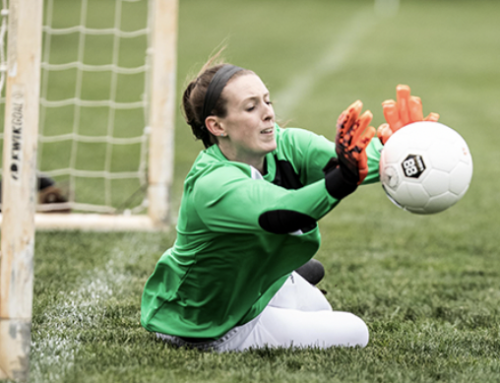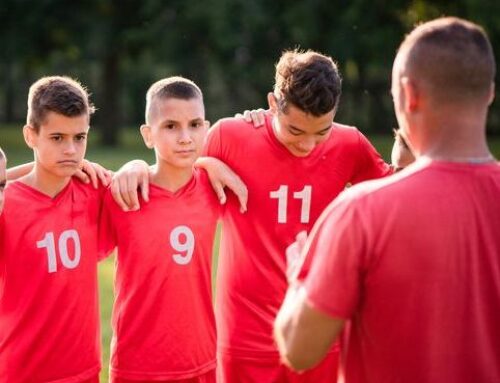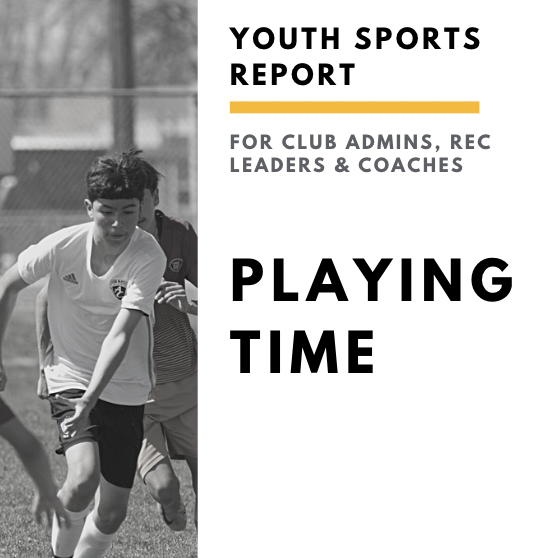Get our exclusive report. Download the iSport360 Club Switching Report Here – For Club Admins, Rec Leaders and Coaches.
Asthmatics: They Can Play Sports Too!
By Warren Tabachnick, Editor, CrossIceHockey.com

For most of my life I have suffered from asthma. Because of that, as a kid my parents tried to do the right thing by keeping me away from sports. It was only later in life when I began to realize that asthmatics can be active and play sports like everyone else.
The symptoms of asthma include coughing, wheezing, chest tightness, and shortness of breath. As a child I was put through almost every type of treatment that existed. I’d been hospitalized and placed in oxygen tents, given adrenaline shots, and prescribed some really foul-tasting medicines. These days, I keep control of my asthma with a daily regimen of some very effective medications.
Most sports venues are not the friendliest places for someone with asthma. The cold, dry air of a hockey rink, for one, can be a challenge for even the healthiest person. Add to that the exhaust fumes from the Zamboni, along with the mold that frequently festers at most rinks, and you’ve got a pretty toxic environment.
Outdoor soccer, baseball, and football fields have their own special triggers. Depending on the season, hay fever, mold, and other environmental factors can affect the asthmatic as well. And exercise-induced asthma can affect even those who do not normally suffer from the condition.
Here’s how your child can keep on top of their asthma and stay in the game:
Follow the advice of a doctor, taking all medications as prescribed.
Always have a bronchodilator available. This keeps the airways open and can help alleviate symptoms in the event of an attack.
Warm-ups are important, whether pre-game or practice. They help get the heart rate up and the oxygen-rich blood pumping to the lungs.
Teach your child to take full breaths and try to breathe through their nose.
Youth hockey, soccer, or lacrosse players should limit their time on the ice or field. Otherwise, it takes that much longer to recharge for the next time in action.
Be sure your child is properly hydrated. Have them drink plenty of water before, during, and after the game or practice.
Your child should do everything possible to avoid catching a cold, since many asthmatics are allergic to their own mucous. Have them wash their hands frequently to keep those cold germs at bay.
Getting the proper amount of rest is critical. It keeps the immune system running in top form.
If your child gets out of breath during a game or practice, have them skip a shift or two to recover.
Asthmatics (and the parents of them) know their own body better than anyone. If their symptoms are such that they’re struggling for each breath—or even if they just feel generally lousy—keep them at home and rested.
Finally, if it appears your child is suffering from asthma, have them see a doctor. With proper diagnosis and treatment, the condition can be controlled. There is no reason anyone shouldn’t be able to enjoy a normal life, with sports or without.
Warren Tabachnick is the editor of CrossIceHockey.com—For the Adult Hockey & Youth Hockey Player. He has been suffering from asthma and allergies since he was 4 years old, and manages to keep his condition under control and enjoy a decent quality of life.
Article resources:
“Exercise-Induced Asthma” (The Cleveland Clinic)
Exercise and Asthma (WebMD)
“Why Do So Many Winter Olympians Have Asthma?” (NY Times, Jan. 13, 2010)
Learn more or request a demo of our youth sports software that is helping teams improve communication, organization and player development.
May 14, 2019






